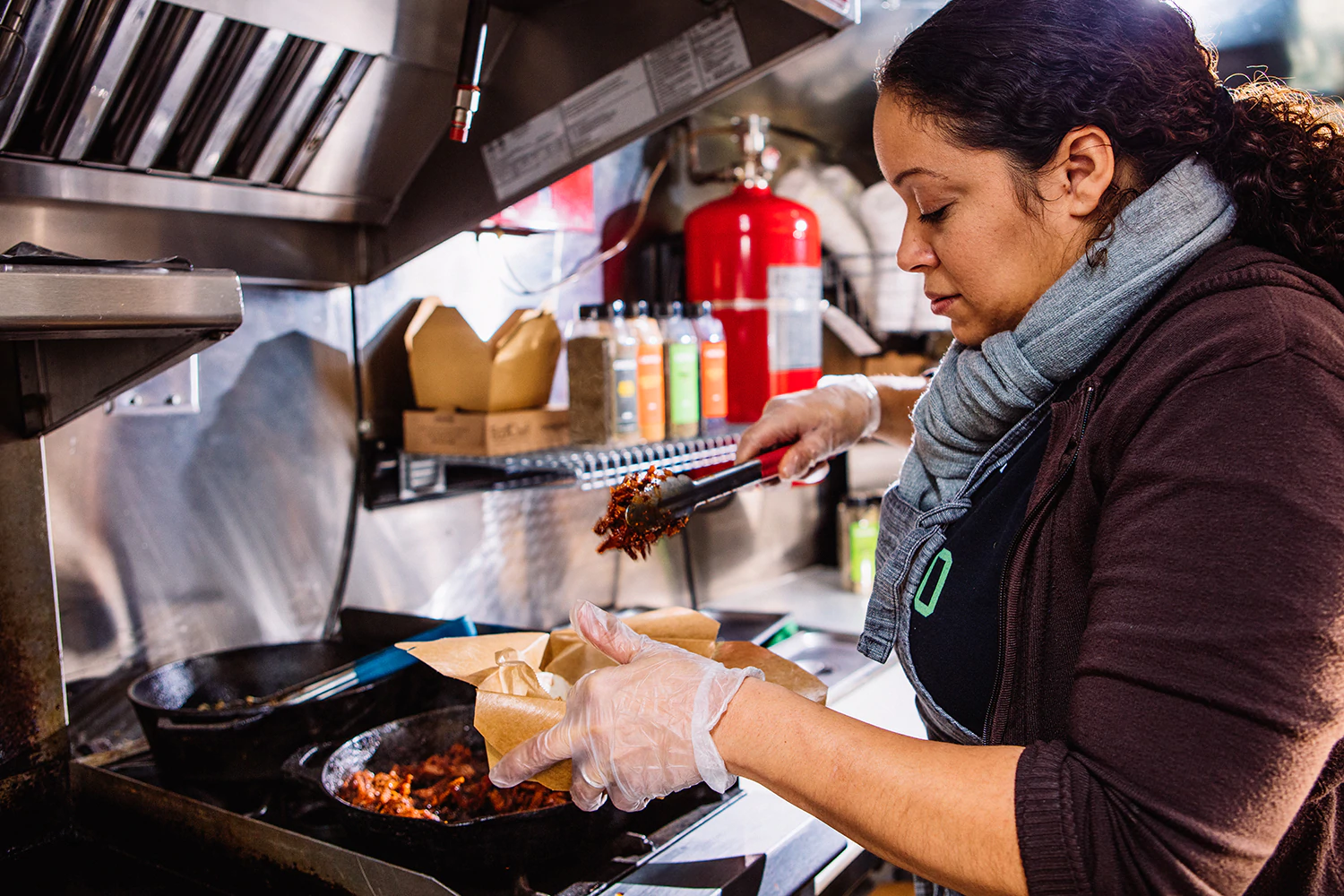Whether you have just started cooking or have been doing it for years, you might be wondering what the difference is between spices and seasonings. Many people spend their whole lives cooking meals for their friends and family without taking the time to consider how these two are different.
Learning what sets them apart gives you the power to choose precise recipes that add the right amount of flavor to any meal you prepare. You will be pleased when you notice the improvements to the foods you cook each day, and your guests will also appreciate the effort.
Seasonings
In simple terms, seasonings include almost every substance you add to a meal to enhance its flavor, and some examples include salt, herbs, vinegar and oil. Herbs are commonly confused with spices and include basil, cilantro, sage, etc.
You want to add the seasonings at the right time so that you can get the most from them. Adding your seasonings too soon will decrease the impact they have on your meal, and you might not even notice a difference in the taste. Add your seasonings to your food when you are almost done cooking to prevent flavor loss. Countless recipes call for the use of specific seasons which can really take the entire flavor of the meal up a notch.
Spices
Although spices may be used interchangeably with seasoning in conversation, this is incorrect. Spices are plant substances you put on food to add flavor and extend the food’s life. Well known examples of spices include cinnamon, nutmeg, pepper, ginger, etc.
Consider what you would like to achieve before you decide when to add the spice and how much you will add. If you want the spice to add an even flavor throughout your food, use it when you begin cooking.
Choosing the Right Flavors
As anyone with plenty of cooking experience knows, adding the perfect amount of the right spices or seasonings is the key to creating world-class recipes you won’t find anywhere else. You can find recipes online to get an idea of what flavors you should add, but the only real way to find what you like is to experiment with different combinations and learn which ones stand out to you the most.
Final Thoughts
In review, seasonings include the salts, oils and other items you add to food when your goal is to enhance the flavor. Spices are plant-based components that serve a similar purpose, and learning how much of each you should add lets you create meals of which anyone would be proud.
You can find guides and recipe books that tell you how much seasoning you should add to your meals and when you must do so. You can try different approaches and use a trial-and-error process to find what combination works the best for your goals. As long as you move forward with an open mind, you won’t have trouble crafting meals nobody will be able to overlook.


